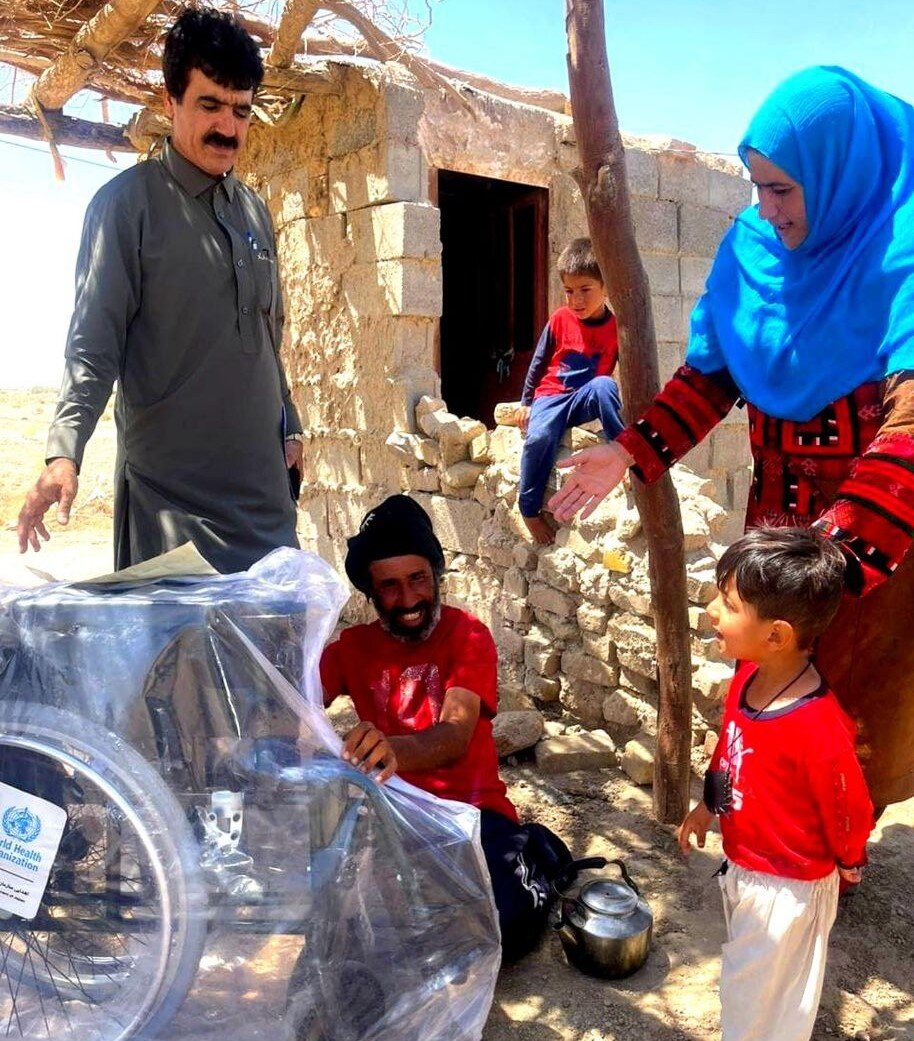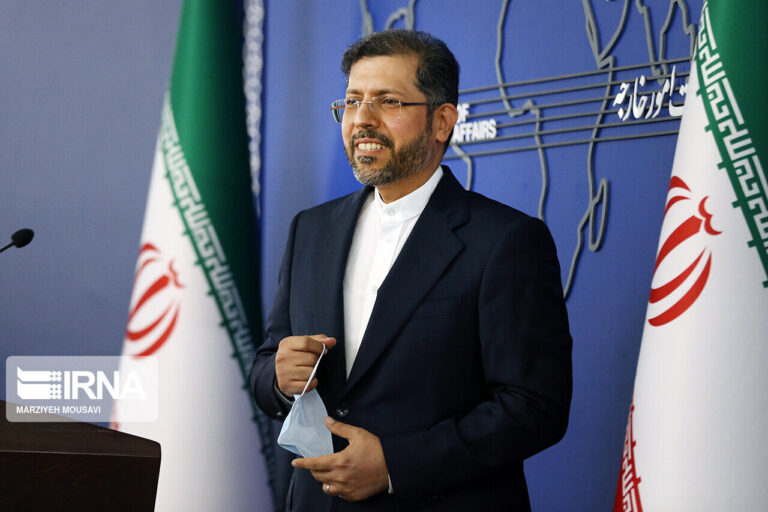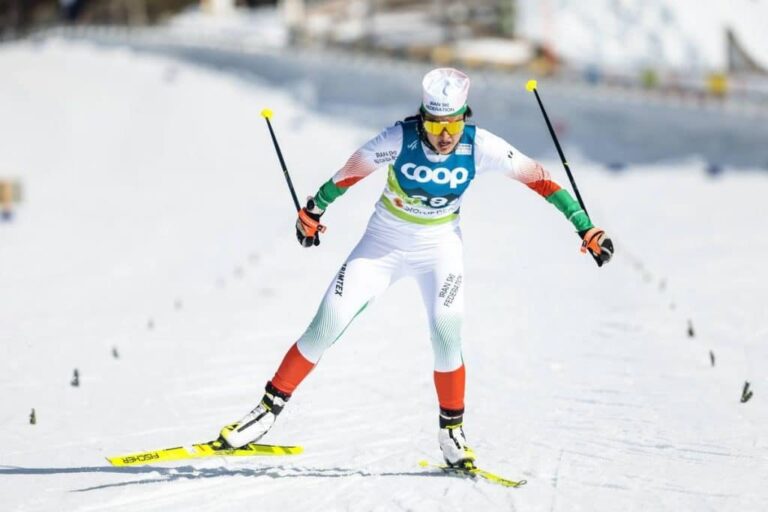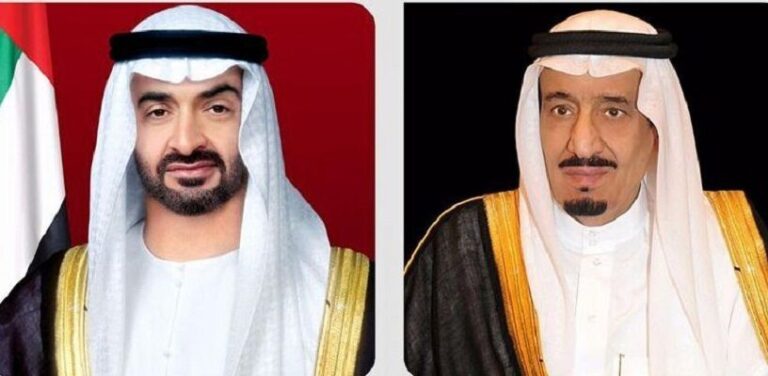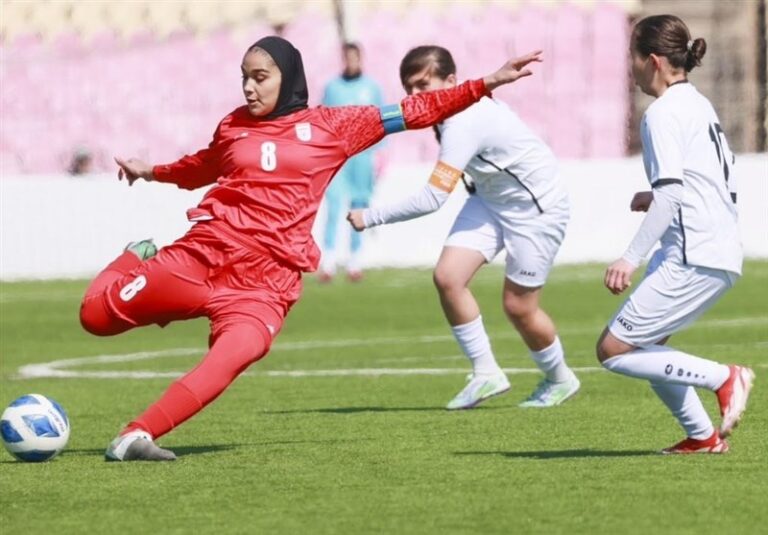Transformative UN Initiative Empowers Persons with Disabilities in Iran
The program for persons with disabilities, launched in 2023 by the United Nations in Iran, has made significant strides towards enhancing the quality of life for individuals with disabilities. This initiative, developed in collaboration with the World Health Organization (WHO), the United Nations Children’s Fund (UNICEF), and the United Nations Population Fund (UNFPA), focuses on inclusive service delivery and support systems.
One of the highlights of this initiative was the training of 410 professionals and frontline workers in various fields such as Early Childhood Education, mental health, and emergency response. By utilizing a Disability Inclusion Training Package, these professionals are now better equipped to provide inclusive and effective assistance to individuals with disabilities.
Here are some key accomplishments of the program:
- For the first time, an earthquake drill was successfully conducted in a special school catering to children with mobility impairments.
- Newly developed guidelines introduced tailored disaster preparedness strategies for children with autism, hearing impairments, and physical disabilities.
- In 2021, isolation rooms were established in 30 facilities across 13 provinces, enhancing the safety and comfort of individuals with disabilities.
- Training sessions were conducted for 150 caregivers, benefiting over 7,000 older persons and individuals with disabilities.
In 2024, a comprehensive study conducted by the United Nations revealed that these interventions have led to:
- Significant improvements in outbreak preparedness.
- Reduction of infections.
- Enhanced care quality.
- Decreased overall costs of care services.
To promote autonomy and mobility among individuals with severe disabilities from low-income households in Sistan and Baluchestan, 1,099 individuals were provided with essential Assistive Technologies. This included:
- Wheelchairs
- Walkers
- Blind canes
Additionally, access to Aids for Daily Living such as portable toilet seats and transfer boards has greatly improved daily functionality and overall quality of life.
In an effort to enhance educational opportunities, a Braille Embosser was procured for the Ministry of Education and the Special Education Organization. This initiative ensures that 2,500 students with visual impairments can access inclusive educational materials, addressing approximately 30 percent of the national need for such resources.
Economic empowerment also played a crucial role in this program, with 135 women with disabilities in Kerman and Kohkiluyeh Boyer Ahmad receiving vocational training. Notably, 20 women participated in specialized e-commerce training through a collaborative effort with the Technical and Vocational Training Organization and the private sector, broadening their employment and entrepreneurship opportunities.
During the 17th Session of the Conference of States Parties to the Convention on the Rights of Persons with Disabilities (CRPD), Ali-Mohammad Qaderi, the former head of the State Welfare Organization, emphasized Iran’s commitment to enhancing services for persons with disabilities. The conference took place from June 12 to 13, 2024, at the United Nations Headquarters in New York.
Qaderi stated, “This is notwithstanding the fact that the cruel sanctions imposed by the United States and many Western countries on the Islamic Republic of Iran have significantly increased the prime costs of rehabilitation items and specialized services, and affected the economic capabilities of individuals receiving such services.”
He reinforced that “respecting persons with disabilities and striving to create equal opportunities for them has always been integral to our religious and national teachings, as well as the programs of the Islamic Republic of Iran.”
Furthermore, Qaderi highlighted the enactment of the Law on Protecting the Rights of Persons with Disabilities as one of the most significant measures taken to support the rights of individuals with disabilities in Iran.
This initiative represents a substantial step forward in promoting inclusivity and improving the lives of persons with disabilities in Iran, despite the challenges posed by external sanctions. The collaborative efforts of various UN agencies and local organizations are paving the way for a more equitable and supportive environment for everyone.
